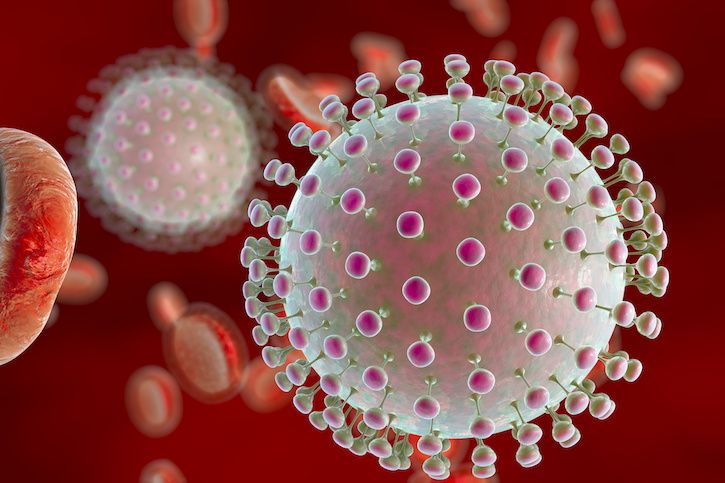- Politics
- Diversity, equity and inclusion
- Financial Decision Making
- Telehealth
- Patient Experience
- Leadership
- Point of Care Tools
- Product Solutions
- Management
- Technology
- Healthcare Transformation
- Data + Technology
- Safer Hospitals
- Business
- Providers in Practice
- Mergers and Acquisitions
- AI & Data Analytics
- Cybersecurity
- Interoperability & EHRs
- Medical Devices
- Pop Health Tech
- Precision Medicine
- Virtual Care
- Health equity
Verily Looks to Swat Zika with Population Health Initiative
The research organization is introducing a population of sterile mosquitos in California to curtail disease.

Verily’s latest population health initiative has taken flight from the laboratory into two California neighborhoods. The life science research organization recently announced that it has released a population of sterile mosquitoes as part of a research initiative to stop the spread of the Zika virus and other mosquito-borne diseases.
The Debug Fresno field study began on Friday, Verily reported in a recent blog post. The study is an attempt to eradicate Aedes aegypti. According to the CDC, Aedes aegypti is an invasive species that favors tropical, subtropical and some temperate climate. This species is primarily responsible for spreading chikungunya and dengue, in addition to Zika and other viruses.
Aedes aegypti have become prevalent in Fresno County, where Verily’s research will be taking place. The mosquitos Verily is releasing there are all non-biting males that have been sterilized with the bacteria Wolbachia. This naturally-occurring bacteria, which experts say is present in between 40-60% of insect species, grinds the mosquito breeding process to a halt. When an infected male mates with a female, the resulting eggs will not hatch.
Related: Verily Incorporates Study Watch into AURORA Research
Verily’s efforts will take place over 20 weeks. The male mosquitos will be released in two neighborhoods, each about 300 acres in size. Each release will include about a million mosquitos.
The releases are being coordinated by Verily’s automated mass rearing and sex-sorting process. Verily says the organization will use algorithms and release devices to ensure even distribution of the mosquitos. Researchers will compare population density in these two areas to two control areas where no infected mosquitos are being introduced to the population.
“We believe that these advancements could have a meaningful impact on what is traditionally a very labor-intensive process and could reduce the number of biting Aedes aegypti in Fresno County,” the blog post reads.
Related
Study Finds That More Initial Spending on Emergency Care Can Reduce Mortality
